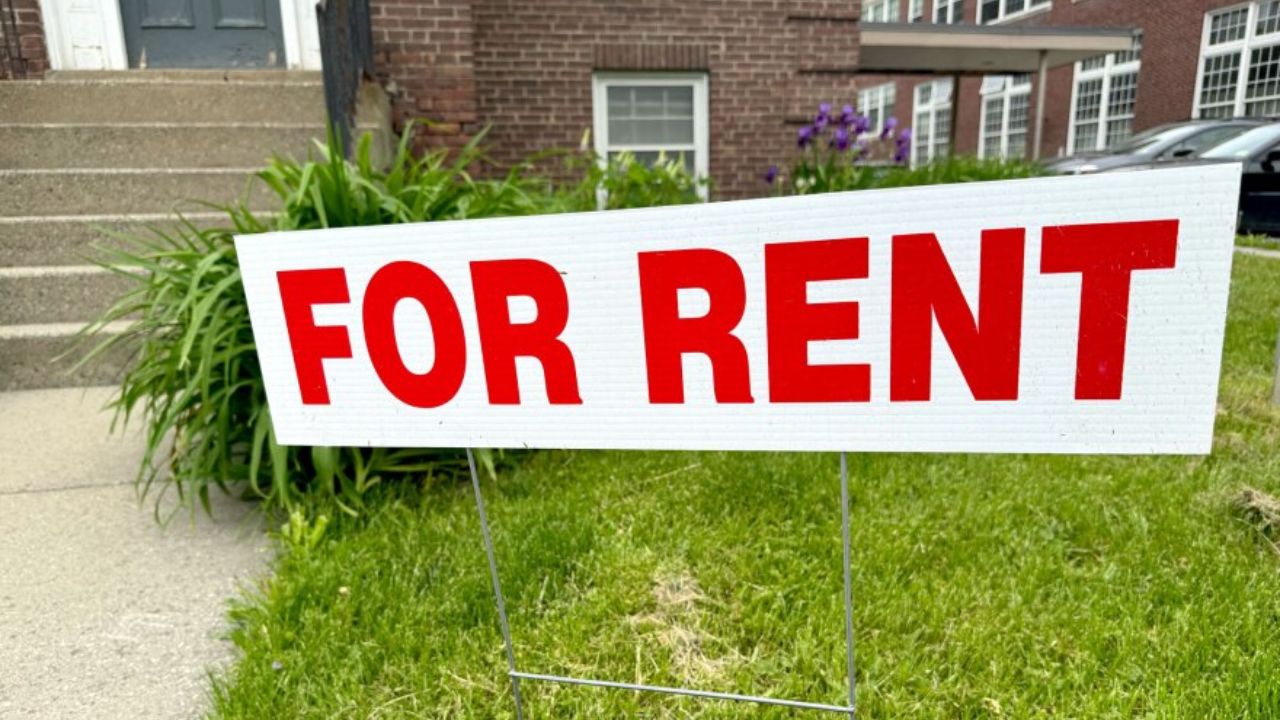Bismarck, North Dakota – Tenants in North Dakota are navigating a landlord-friendly rental environment in 2025, as the state does not impose rent control laws. This means landlords can raise rent by any amount they choose, provided they follow proper notice and timing procedures. While tenants face significant flexibility on the landlord’s part, legal safeguards still exist to prevent retaliation or discrimination. Here’s a breakdown of what renters need to know about North Dakota’s rent increase rules this year.
No Caps on Rent Increases
According to Huron Insider, In North Dakota, there is no statewide limit on how much landlords can increase rent. This applies to apartments, rental homes, and other residential properties. However, for periodic tenancies, landlords are limited to one rent increase per 12-month period, which helps maintain some balance between tenant protection and landlord flexibility.
For tenants under fixed-term leases, rent cannot be raised during the lease term unless the contract explicitly allows it. This means that, while month-to-month tenants may see frequent adjustments, fixed-term tenants enjoy stability until the lease renewal.
Notice Requirements for Rent Hikes
North Dakota law requires landlords to provide adequate written notice before a rent increase:
- Month-to-month tenants: Landlords must give at least 30 days’ written notice before the increase takes effect.
- Mobile home lot tenants: Notice must be extended to 90 days, allowing extra time for tenants to adjust financially.
The written notice must clearly state the new rental amount and the effective date. Keeping these notices is essential for tenants to protect themselves in case of disputes.
Retaliatory and Discriminatory Increases Are Illegal
Even with wide discretion, landlords cannot raise rent in retaliation against tenants exercising their legal rights. Examples of protected actions include:
- Filing complaints about property conditions.
- Requesting necessary repairs.
Similarly, rent increases cannot be discriminatory based on race, color, sex, religion, disability, familial status, or national origin, in accordance with the federal Fair Housing Act. Tenants who believe a rent increase is retaliatory or discriminatory have the right to challenge it legally.
Practical Considerations for Rent Adjustments
Although there’s no legal cap, landlords typically consider market rates, property condition, and tenant retention when deciding on rent hikes. Excessive increases may deter tenants and increase vacancy rates, making practical considerations just as important as legal requirements.
Tenants are advised to:
- Review lease terms carefully, noting any clauses regarding rent increases.
- Maintain records of all communication with landlords regarding rent.
- Plan financially for potential increases, especially for month-to-month agreements.
Eviction and Non-Payment Concerns
If tenants cannot afford a rent increase, they risk eviction for non-payment. Landlords must follow proper eviction procedures, including issuing required notices and filing in court. Understanding both notice requirements and legal protections is essential for tenants to navigate potential disputes.
Read Also: Minnesota Rent Laws 2025: How Much Can Your Landlord Raise Rent?
Key Takeaways
- Landlords have broad discretion to raise rent, but must give proper written notice.
- Notice periods: 30 days for month-to-month tenants, 90 days for mobile home lots.
- Fixed-term leases generally prevent mid-term rent increases unless specified.
- Illegal increases: Retaliatory or discriminatory hikes are prohibited.
- Tenants should keep documentation, understand their rights, and plan for financial impacts.
North Dakota tenants must remain informed and prepared in a no-rent-control environment. While landlords have substantial freedom to adjust rents, understanding notice requirements, lease terms, and protections against retaliation or discrimination ensures renters can safeguard their rights.
Have you experienced a rent increase in North Dakota or want to share tips for handling hikes? Share your thoughts and experiences in the comments at ibwhsmag.com.


 by
by 

